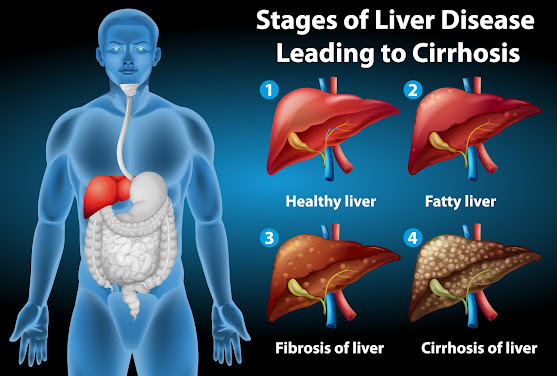IBS in Children: Early Detection, Management, and Support Strategies
Early Detection Matters:
Watch for persistent symptoms such as abdominal pain, bloating, diarrhea, or constipation.
Monitor any changes in your child's eating habits or reluctance to eat certain foods.
Keep an eye on your child's emotional well-being, as stress can exacerbate IBS symptoms.
Pediatric IBS Management:
Dietary adjustments can play a pivotal role; a low-FODMAP diet might be recommended.
Encourage regular physical activity and ensure your child stays hydrated.
Adequate sleep and stress management techniques can also aid symptom control.
Creating a Supportive Environment:
Open communication is key. Talk to your child about their symptoms and reassure them that IBS is manageable.
Collaborate with your child's school to ensure accommodations are in place if needed.
Educate teachers and caregivers about IBS to create a supportive atmosphere.
Empowerment through Knowledge:
Educate your child about IBS in an age-appropriate manner, empowering them to understand their condition.
Encourage your child to keep a symptom diary to track patterns and triggers.
Teach stress-relief techniques like deep breathing and mindfulness to help manage flare-ups.
Celebrate Progress:
Celebrate even small victories in managing symptoms and adhering to treatment plans.
Regularly revisit your child's treatment plan with the irritable bowel syndrome treatment in Indore specialist to make any necessary adjustments.
Recognizing and addressing IBS in children requires a collaborative effort between parents, healthcare providers, and educators. Early detection, a customized management plan, and a supportive environment can significantly improve your child's quality of life. As you explore options for irritable bowel syndrome treatment in Indore, prioritize open communication and holistic care for your child's well-being.
.png)



Comments
Post a Comment